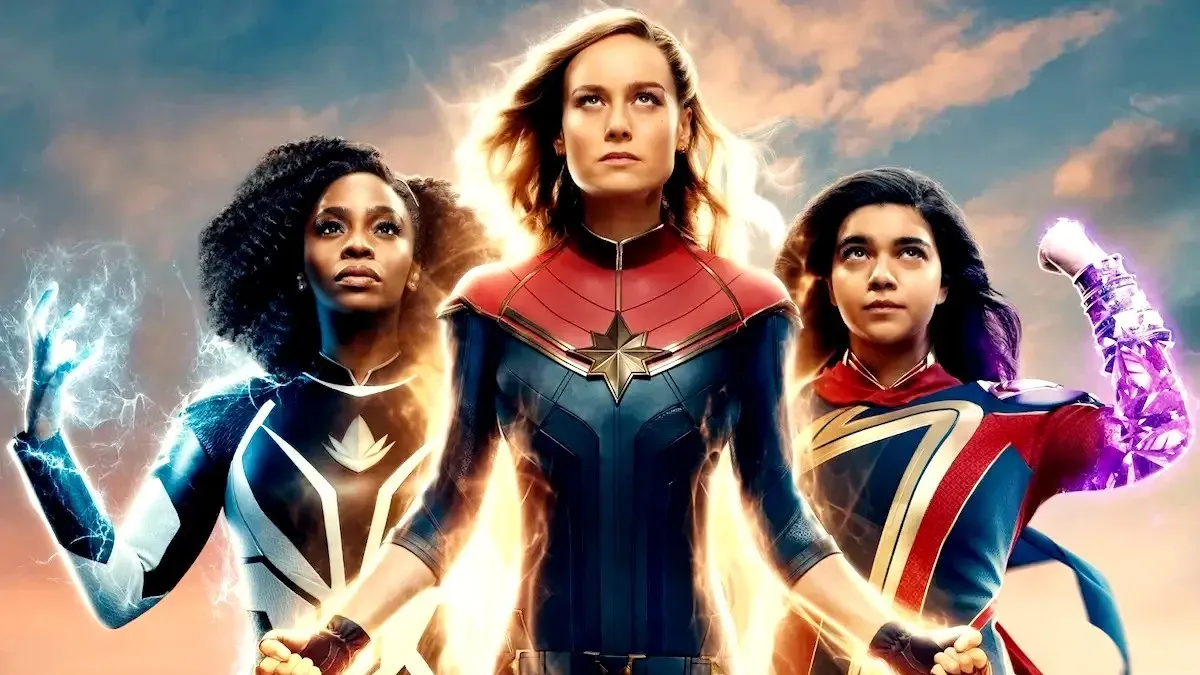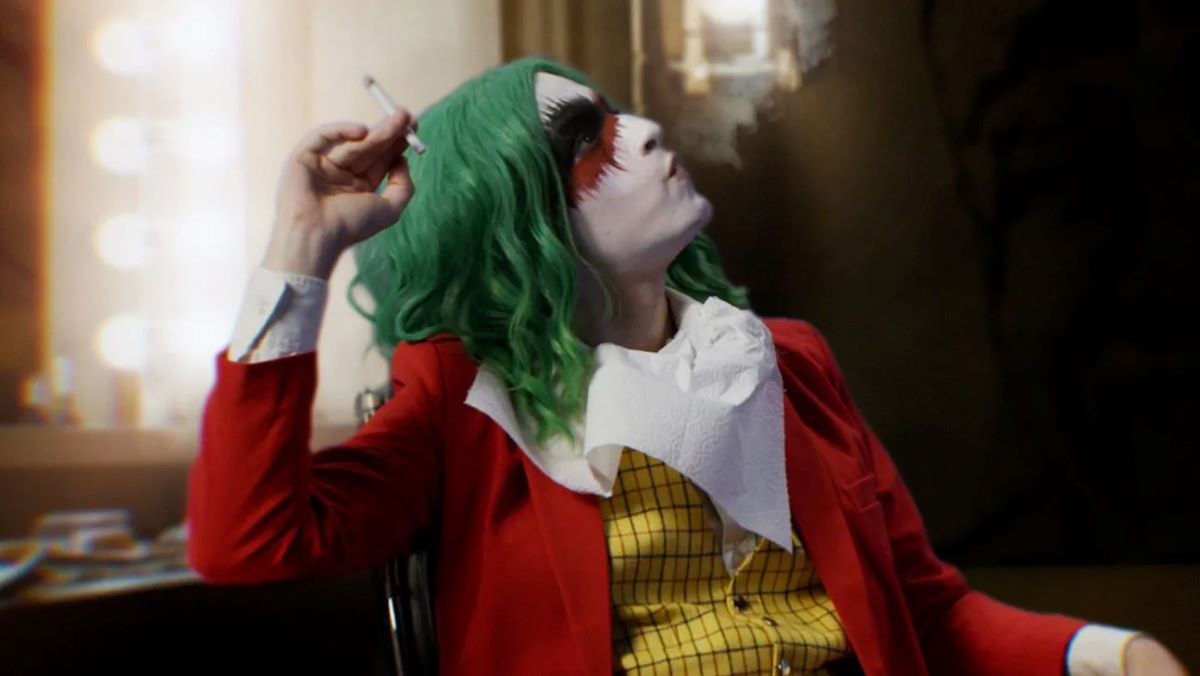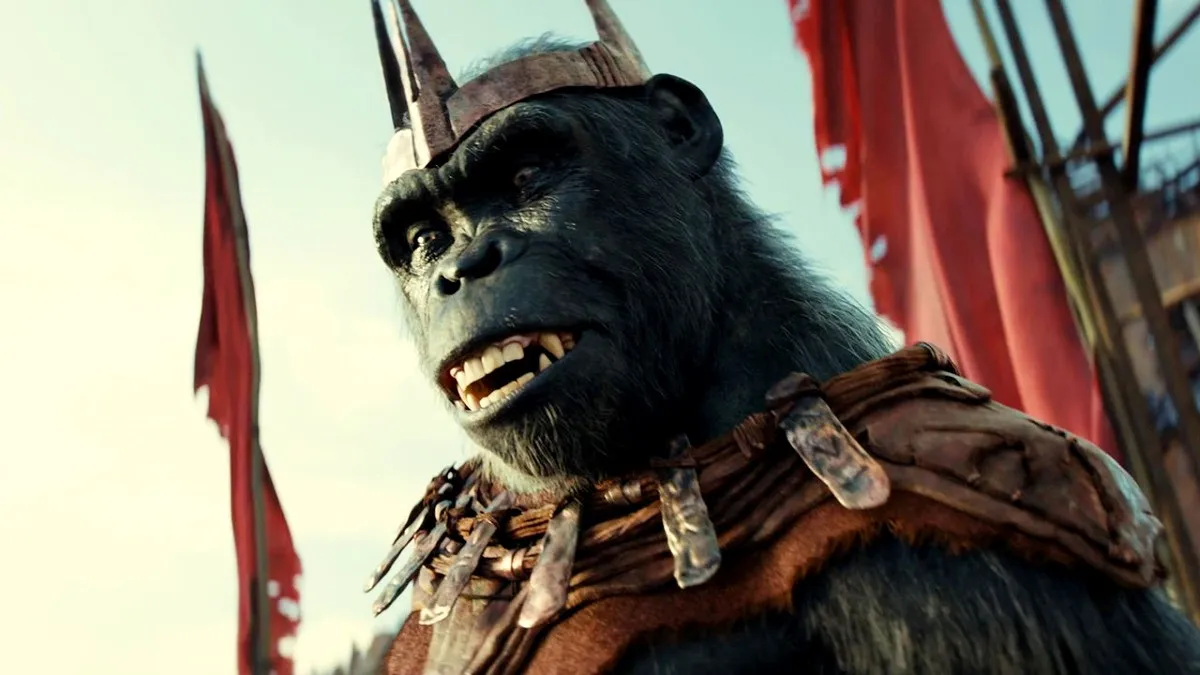We’ve all heard it at least a million times: “Marvel Studios has lost its way.” But just this week alone, fans got new announcements for the Fantastic Four and Deadpool & Wolverine, leaving many excited for the upcoming projects.
These projects lead me to believe that maybe Marvel isn’t failing; it’s catering to a wider audience, and the largely white, cis male critical base just cannot relate. Sometimes, partiality toward certain social categories isn’t explicit; it’s implicit. While that means it’s not a conscious discriminatory behavior, it still causes harm. In criticism circles, there doesn’t seem to be an understanding of how reviewers’ implicit biases impact a film.
According to the American Psychological Association, implicit bias “is a negative attitude, of which one is not consciously aware, against a specific social group.” As learned social cognition, implicit bias is shaped by previous experience and learned associations between certain qualities and social categories, “including race and/or gender,” and influences individuals’ perceptions and behaviors, “even if they are unaware they hold such biases.” Because these “perceptions, attitudes, and stereotypes can operate prior to conscious intention or endorsement,” it’s important to actively combat them by reflecting on your own “gut feelings,” what they mean, where you learned them, and if they need updating (here’s an HHS worksheet to guide you through the process).
Since many struggle with the first step of combatting implicit bias, which is admitting to our own biased, prejudicial beliefs, here’s Harvard University’s Project Implicit test. This project tests implicit bias using selected images from Bayeté Ross’s photo collection “Our Kind of People” to measure the strength of associations between concepts and evaluations or stereotypes.
Like in the cars, food and beverage, financial/stocks, and books markets, movies are products that consumers cannot fully ascertain the quality of before purchasing, so expert opinions have a particular influence. The U.S. film industry is valued between $42.5 billion and $145.7 billion, and as more than one-third of filmgoers actively seek out reviews and admit to choosing movies based on positive reviews, these experts’ implicit biases may significantly impact the market.
To investigate the existence and revenue impact of racial bias in film reviews at the Johnson School of Management, Cornell University, and the Kelley School of Business, Indiana University, researchers analyzed 566 major movie releases between 2003 and 2007, of which 384 had white leads with all-white supporting casts. Published in the Journal of Economic Behavior and Organization, the study focused on 68 film critics employed by 11 major U.S. newspapers, finding that “ratings for movies with a Black lead actor and all-white supporting cast are approximately 6 percent lower than for other racial compositions.”
As a result, these movies were found to suffer up to a 4 percent revenue loss in box office takings, “or $2.57 million, per movie,” which is “unlikely” to be driven by unobserved heterogeneity, random correlations, or alternative explanations other than racial bias. In sum, films with Black leads don’t do as well as films with white stars, partially due to the implicit racial partiality of critics.
Notably, the prejudice seems to be against movies with Black leads combined with white support, as researchers observed no bias in reviews of all-black or all-white movies or movies with white-leads-black-supports. According to the study’s authors, this is due to the viewers’ implicit bias about the relationship between black and white that they expect to see onscreen, and people expect to see Black people playing subservient roles to white characters.
How this plays out in a critic’s brain was summed up well by Psychology Today, writing:
“One possible psychological theory is that “expectation violation” makes the critic uncomfortable, but they are not necessarily able to access precisely why they are feeling discomfort, so they project onto the film the problem. ‘It’s not me it must be the film’, and so the quality of the movie gets blamed for what is really an internal psychological process.”
“When black actors or actresses play a part where you would expect a white person to be in that role in real life, movie critics also appear to come down harder against the movie,” the article adds.
In previous decades, Black actors were often cast in subservient or stereotypical roles, so “films with black leads and supporting white casts might violate the unconscious expectations of critics,” notes Psychology Today. In its 80 years, the Academy Awards have only awarded 60 Oscars to Black people in the film industry, with most of those awards after 2002.
When discussing the MCU, prejudice seems to permeate critical responses. Seeing Black characters in lead roles when all of the “followers” are white violates film critics’ expectations because Hollywood has traditionally cast Black actors in supporting roles, and there’s a disproportionately lower number of Black people who hold society’s “lead roles,” relative to the group’s percentage of the population.
As King T’Challa (Chadwick Boseman) was a Black superhero representing a Black nation, critics were ready and elated for the character’s onscreen debut in 2018’s Black Panther, praising the film for being “legit that good.” Compare this to the negative critical response to the Disney+ limited series Captain America and the Winter Soldier, which revealed Louisiana native Sam Wilson (Anthony Mackie, also from Louisiana) was taking over Captain America’s mantle. As Cap, Wilson is a Black superhero representing all of America, something it seems that white people couldn’t handle. Forbes even called the show’s pro-Black Captain America message “preachy” with “politics that are too on-the-nose.”
These types of declarative statements from a Forbes writer impact the general opinion of a TV series or film. For example, when I worked at a certain theme park, I couldn’t tell you how often I heard, “He’ll never be MY Captain America.”
Applying the above study’s findings, the difference in the critical response between these two characters could be due to who they are supposed to represent, not the programming quality itself. While audiences can envision a Black leader and superhero at the forefront of Wakanda, they have more trouble envisioning a Black hero from America in a high-status role. As the Psychology Today article states, “When a movie dares to cast a black actor or actress in a role where a white person would be more expected, perhaps usually a high-status role, then, according to this research, the critics tend to be more negative about the film.”
Four years after the insurrection (side question: Why are we even trusting reviews from legacy papers willing to run op-eds about how January 6 wasn’t an insurrection?), it’s still Trump’s America, and Trump’s America can’t fathom another Obama. They don’t want to see a Black man in power again, and they don’t want to see anyone encouraging discussions to combat that prejudice. However, that’s also exactly why genre entertainment should be “preachy” about on-the-nose politics and real-world issues like racism and abortion.
While critics could be working to combat these types of negative audience reactions, they don’t. One of the reasons for this is that news has changed. Rather than leading the discussion, the press is often a step behind as newsrooms move toward catering to Google trends rather than leading those discussions themselves.
As NYT film critic A.O. Scott noted in 2021, “The health of movies is connected to the health of journalism.” He lamented “the mass extinction of the local newspapers and alt-weeklies that nourished local film scenes across the country.” However, as a web-based entertainment writer, I want to add that the problem is more than the mass extinction of print media; it’s about capitalism’s role in journalism. As the threat of AI makes content farms and legacy media alike change how they approach reporting, traditional avenues to promote film and television are dying—and as we stare into the face of looming fascism, it’s happening at a time when a diversity of voices is needed most.
If the crucial issue in critical bias is a Black lead’s relationship to their supporting cast, it stands to reason that critics’ implicit biases impact other performers—and that’s a problem since, as demonstrated with Black performers, those unconscious beliefs can make or break a film.
Exacerbating this problem, consider the demographic breakdown of critics. In San Diego State University’s “Thumbs Down 2022: Film Critics and Gender, and Why It Matters,” researchers found that men comprised 66 percent and women 34 percent of “top critics,” with non-binary critics only accounting for 0.4 percent. If you break down the data further, the gender bias is more damning, with 72 percent of staff positions held by men, followed by 27 percent held by women, and 1 percent held by non-binary individuals.
Furthermore, men write most reviews (75 percent) across film genres, which doesn’t reflect the demographics of the MCU audience. Consider that men over 25 made up 45 percent of the audience for The Marvels, with the rest of the seats being filled by women over 25 (22 percent), men under 25 (20 percent), and women under 25 (14 percent), per Deadline. (While the audience was still mostly male, it was not 75 percent male.)
Getting to greater equality starts with teaching men, ideally from a very young age, that the whole world doesn’t belong to them. “It has to be okay—encouraged, really—for men to empathize and align with women and to stick up for them when they see other men try to take them down, linguistically and otherwise,” argues Amanda Montell in wordslut.
And that is why Brie Larson famously (sadly, infamously) wanted more women on her Captain Marvel press tour. With modern entertainment writing, not only do potential viewers use legacy critics’ movie and television reviews as signals of expert quality assessment, but so do other writers. There’s a hierarchy to these reviews and who is considered worthy of expert status. As an entertainment reporter myself, I’ve seen it happen countless times where someone likes a project, but then, once a very loud cis male chorus slams it, their tune slowly changes as the power of “we” kicks in.
(featured image: Walt Disney Studios Motion Pictures)








